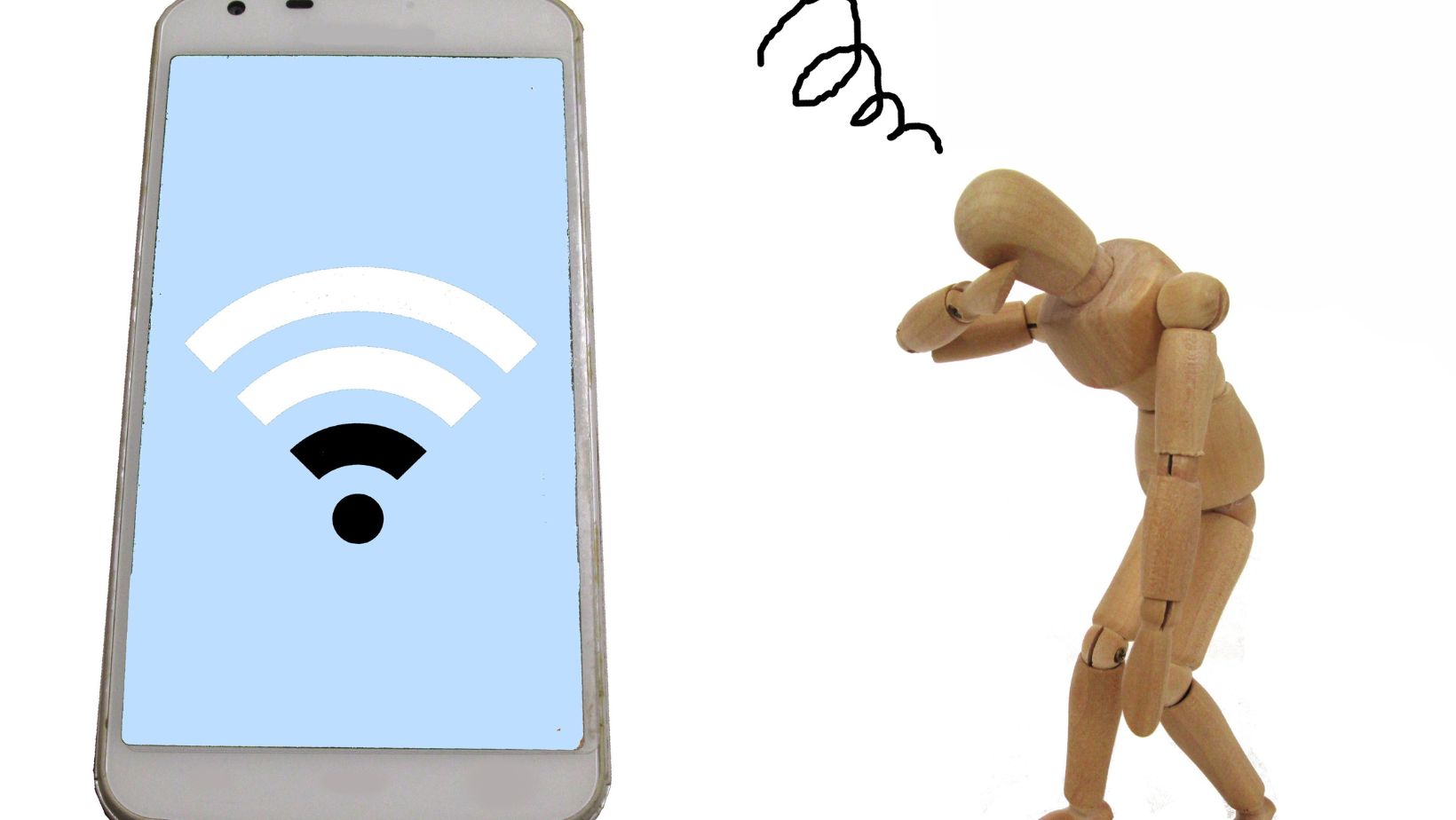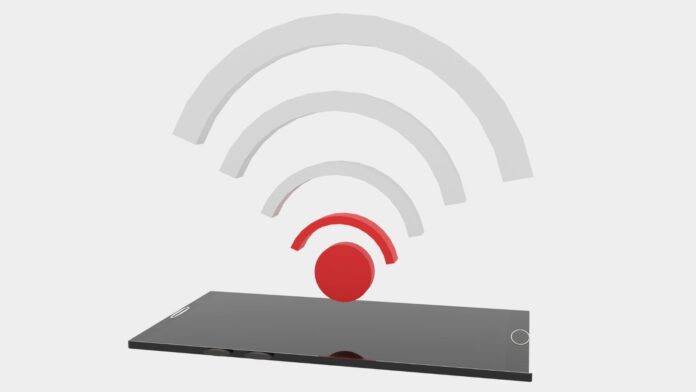Are you tired of constantly dealing with a weak Verizon signal? Trust me, I’ve been there too. It can be incredibly frustrating to have dropped calls and slow data speeds, especially when you rely on your phone for work or staying connected with loved ones. So, why is your Verizon signal so weak?
There could be several reasons behind your weak Verizon signal. One common factor is the distance between your device and the nearest cell tower. The farther away you are, the weaker the signal tends to be. Obstructions such as buildings, trees, or even weather conditions like heavy rain or snow can also interfere with signal strength.
Why Is My Verizon Signal So Weak
Interference from Nearby Electronic Devices
One of the factors that can negatively impact your Verizon signal strength is interference from nearby electronic devices. These devices emit electromagnetic waves, which can interfere with the signals transmitted by your Verizon network. Common culprits include Wi-Fi routers, cordless phones, baby monitors, and even microwave ovens.
To mitigate this issue, it’s important to keep your Verizon device away from these sources of interference. Try moving away from areas where multiple devices are in use or consider relocating your router or other electronic equipment to reduce interference.
Physical Obstructions Blocking the Signal
Another factor that can contribute to a weak Verizon signal is physical obstructions between your device and the nearest cell tower. Buildings, walls, trees, hills, or even large metal structures can obstruct the path of the wireless signals and cause signal degradation.
If you’re experiencing weak signals indoors, try moving closer to a window or stepping outside where there are fewer obstacles in the way. Sometimes adjusting your position within a building or changing rooms can significantly improve reception.
Distance From the Nearest Verizon Cell Tower
The distance between your location and the nearest Verizon cell tower also plays a crucial role in determining signal strength. The farther you are from a tower, especially in rural or remote areas with limited infrastructure, the weaker your signal may be.
While you may not have much control over proximity to cell towers, understanding their location relative to where you spend most of your time can help manage expectations for signal quality. It’s worth noting that densely populated urban areas tend to have better coverage due to higher density of cell towers compared to rural regions.

Physical Obstructions That Can Weaken Verizon Signal
One of the frustrating issues many Verizon users encounter is a weak signal. It can be quite perplexing when you’re in an area with seemingly good coverage, but your phone still struggles to maintain a strong connection. One possible explanation for this problem lies in the physical obstructions that can interfere with your Verizon signal. Let’s delve into some of these obstructions and how they can impact your signal quality.
Weather Conditions Affecting Verizon Signal
Weather conditions play a significant role in wireless communication, and they can have a direct impact on your Verizon signal strength. Certain weather phenomena such as heavy rain, snowstorms, or thick fog can attenuate the radio waves traveling between cell towers and your device. The moisture particles present in the air absorb and scatter these signals, leading to weaker reception.
Additionally, severe thunderstorms or high winds may cause damage to cell tower equipment, resulting in temporary outages or reduced signal strength until repairs are made. It’s important to note that while modern networks are designed to withstand most weather conditions, extreme circumstances can still affect signal reliability.
Structural Materials That Weaken Verizon Signal
The construction materials used in buildings can also act as physical barriers that weaken your Verizon signal. Some materials like concrete, metal siding, energy-efficient windows with low-emissivity coatings (Low-E), or thick insulation contain properties that impede radio wave propagation. These materials tend to reflect or absorb signals rather than allowing them to pass through freely.
Moreover, multi-story buildings with steel frameworks may pose additional challenges since steel is known for its ability to block wireless signals effectively. As you move deeper into a building or venture higher up within it, the likelihood of experiencing weaker reception increases due to increased obstruction from structural elements.


